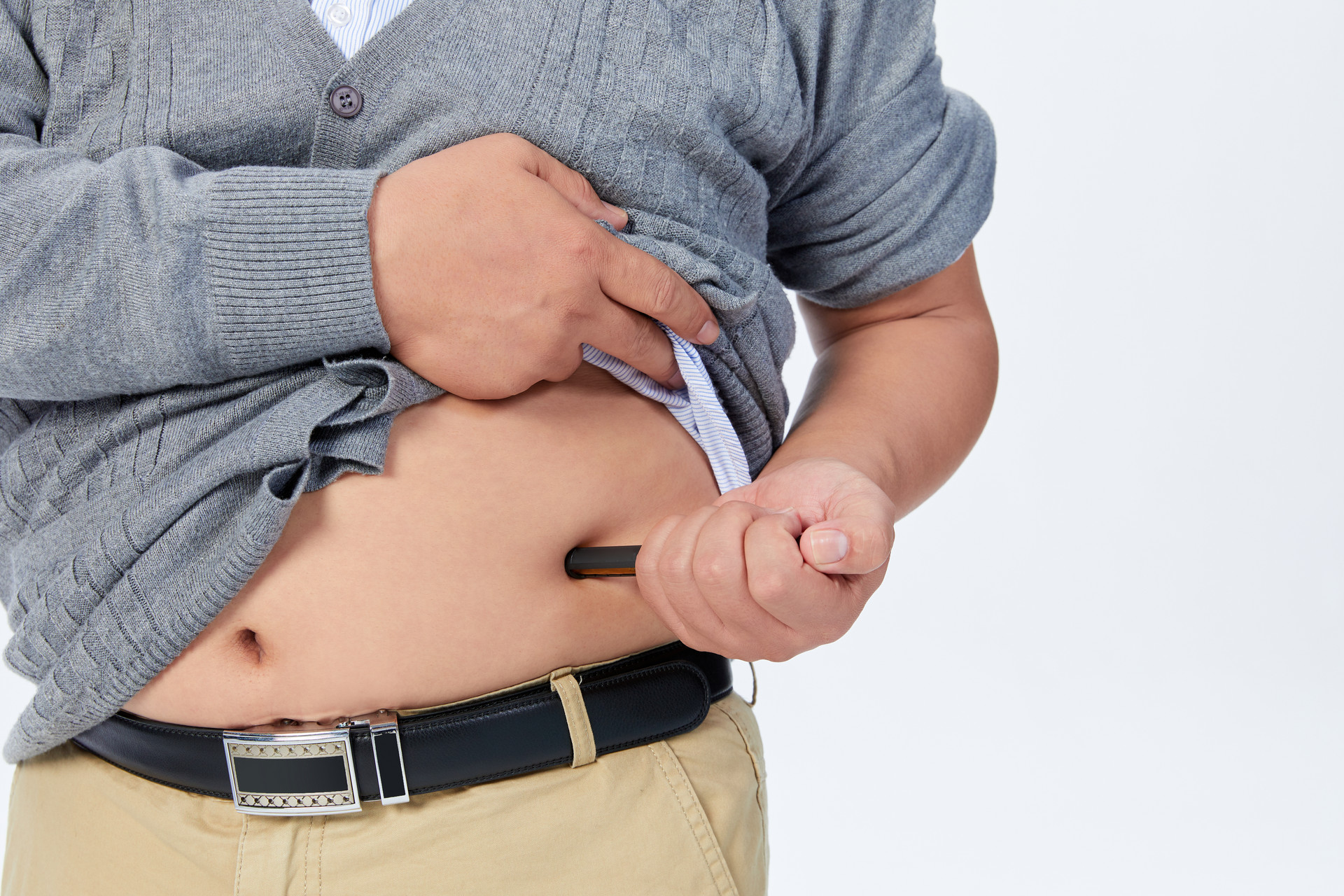The air in the morning is relatively fresh, and more and more people are choosing to exercise in the morning. How long after morning exercise can you have breakfast?
Can you have breakfast immediately after morning exercise?
It is not advisable to have breakfast immediately after morning exercise.
During morning exercise, most of the blood is distributed in the musculoskeletal system, and only a small amount of blood is distributed in the digestive system. Therefore, the digestive function will be correspondingly reduced. Even if morning exercise is over, this situation will not end in a short period of time. Eating immediately after morning exercise will affect the digestion and absorption of food. Doing this regularly can lead to indigestion or symptoms such as chronic gastritis.
How long after morning exercise can you have breakfast?
Generally, if the intensity of morning exercise is not too high, you can eat about 30 minutes after morning exercise. If the amount of exercise is too large, you may need to rest for about an hour. After half an hour of rest, the heart rate has basically returned to normal, and the blood in the digestive system has returned to its original position. At this time, eating is beneficial to the absorption of food.
Can you have breakfast before morning exercise?
You can eat a small amount of food and drink before morning exercise.
It is best not to exercise on an empty stomach because the blood sugar level in the body is relatively low at this time, and exercising on an empty stomach can easily cause hypoglycemia. Therefore, it is best to eat some carbohydrate-rich foods before morning exercise, such as a piece of bread, a few biscuits, or you can drink some diluted salt water. At the same time, the breakfast before morning exercise should not be excessive, otherwise it will cause discomfort during morning exercise.
What foods are good to eat after morning exercise?
1. Liquid food, such as porridge, soup, juice, and fruits and vegetables with high water content (such as grapes, tomatoes, oranges, watermelons, cucumbers) and lettuce. They have high water and vitamin content, which can help replenish water and vitamins in the body.
2. Eat more foods with high protein content, such as milk, soy milk, eggs, fish, etc. They can provide energy to the body in a timely manner.
3. Eat more alkaline foods, such as soy products, melons and fruits, fresh vegetables, dairy products, and animal liver rich in protein and vitamins. They can reduce the acidity of the blood, neutralize the balance to weak alkaline, and effectively eliminate fatigue.
4. Eat more foods rich in potassium and vitamins, such as potatoes, bananas, oranges, orange juice, and raisins. They can help the body eliminate accumulated metabolic waste and also help eliminate fatigue.












